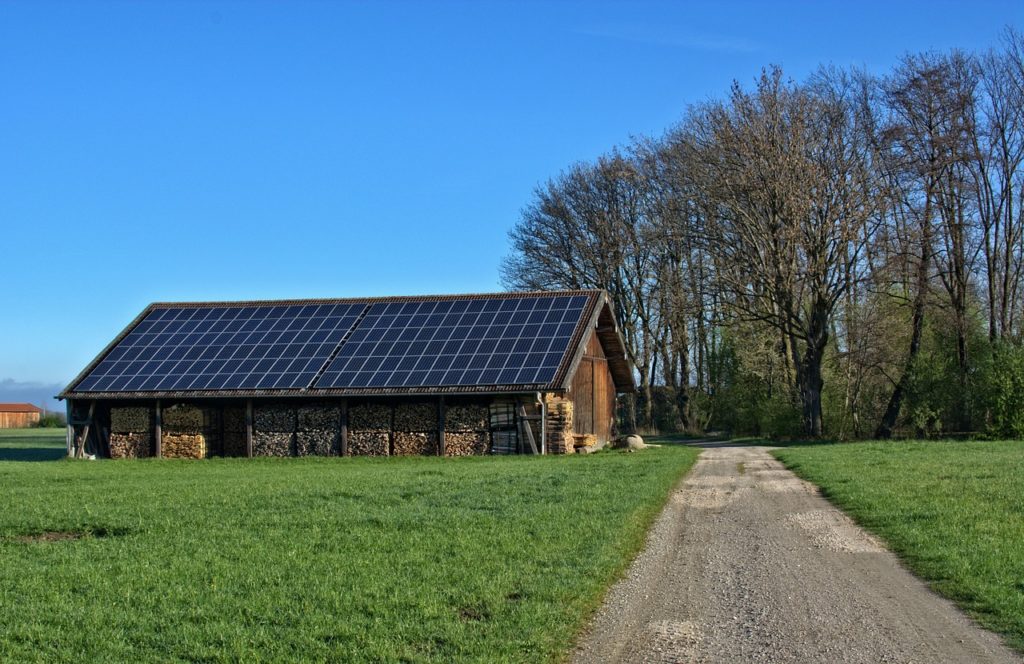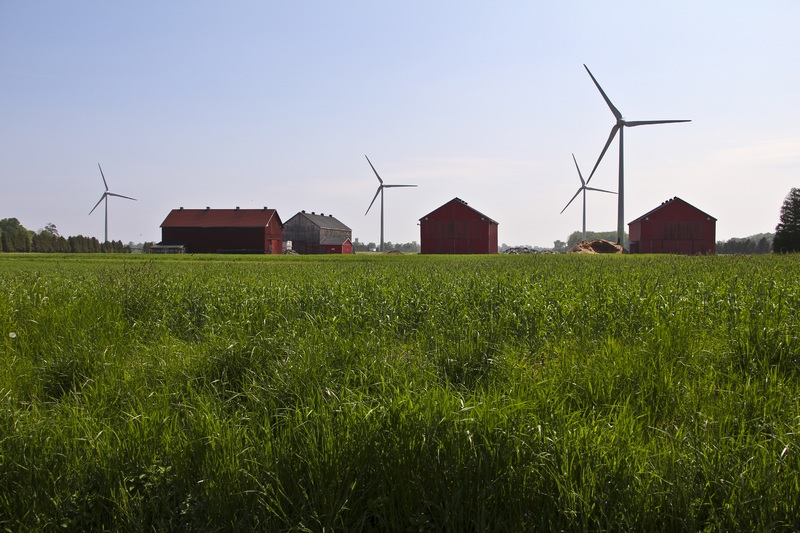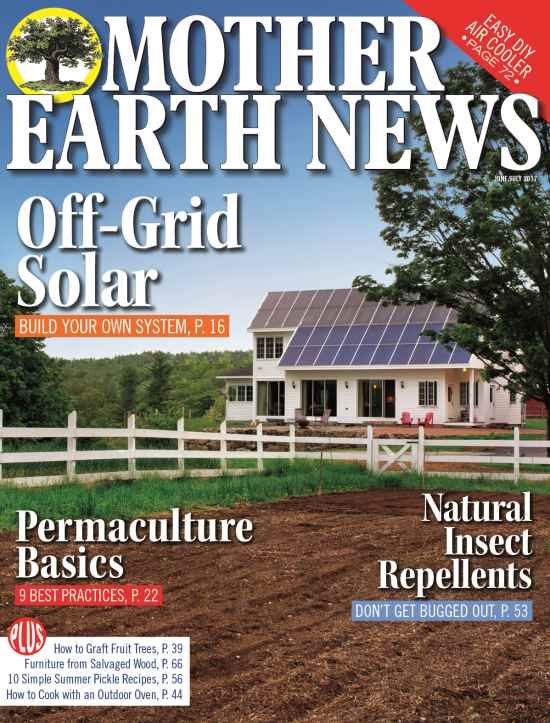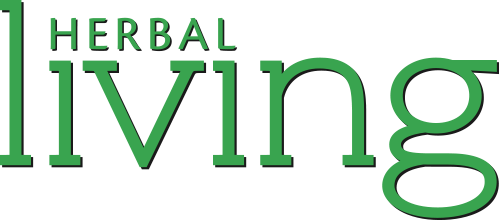It’s the homesteading dream — living off the grid. And while many turn to solar power due to its rapidly decreasing price, more are asking, “Should my homestead be solar-reliant?” After all, there are plenty of other renewable choices, such as wind, geothermal and even hybrid options that let you live grid-free.
What It Takes to Become Solar-Reliant
As many homesteaders will agree, the journey to self-reliance isn’t easy. It’s a challenge — though, a rewarding one — that tests you every day, from keeping pests out of your garden to building a solar power system that supports you and your family.

And that there — getting enough power to run your homestead — is one of the biggest challenges in becoming solar-reliant, along with these:
- Power demands: Sure, the price of solar is decreasing, but to support your homestead, you’re going to need more panels than you anticipate. Why? Solar panels only generate electricity during the daytime, and factors like cloudiness, winter storms, and panel placement all impact how much energy they produce, which can leave you short on power.
- Power conversion: Appliances today rely on AC electricity, versus DC. For solar panels, this is a problem, as the solar energy, they produce registers as DC electricity. Now, an inverter solves this issue, but it doesn’t remedy the fact that every DC to AC conversion siphons off some of your power, which exacerbates the challenge of meeting your power needs.
- Power maintenance: For many homesteaders, upkeep makes up most of your day, from caring for your animals and fixing fences to tending your garden and picking vegetables. A solar power system also requires some maintaining. Your battery bank, for instance, needs weekly and monthly maintenance to ensure its performance as well as safety.
While solar power does have some learning curves, it does offer some positives. By using solar, you’re doing the following:
- Producing clean, green energy.
- Reducing your homestead’s electric-power carbon footprint.
- Relying on a reusable, versus a non-renewable, source of energy.
- Lowering your overall energy costs for powering your homestead.
Many of these benefits, however, are also provided by other energy options for homesteads.
What Are Other Energy Options for Homesteads?
For many homesteaders, one of the appeals of the lifestyle is the freedom. Every decision and choice is yours to make, whether it’s as simple as what vegetables you add to your garden or as complex as what source of energy you use to power your home.
How else can you power your homestead and go off the grid? There are a few options:

- Wind: Rain or shine, you can gather and produce wind energy. To fully support a property, however, you’ll need to live in an area with an average wind speed of 10 miles per hour — which isn’t an issue if you live in the Midwest. As with solar energy, though, you’ll need to convert your DC power to AC.
- Geothermal: No matter the weather, geothermal energy provides power to your homestead — if you live where it’s a viable option. A significant benefit of geothermal energy is its predictability. It gives you a reliable source of power you can count on throughout the seasons. Its installation cost, however, can be substantial.
Another off-grid power option is a hybrid microgrid. While not a 100 percent renewable energy source, it lets you combine your solar, wind or geothermal system with gas- or diesel-powered generators, which take over when your renewable source is on empty. It’s a compromise that lets you decrease fuel expenses and harmful emissions, plus keep your homestead self-reliant.
How Will You Power Your Homestead?
Today, how you power your homestead is up to you. With the availability and affordability of solar and wind energy, as well as the flexibility of hybrid microgrids, you can customize your property’s power system to your needs and ensure you always have power — even while living off the grid.











2 Comments
Very informative, useful and chalengibg messages about solar energy.
Thanks for reading, Neriza!